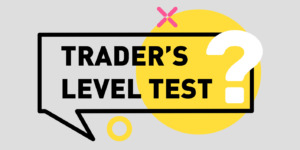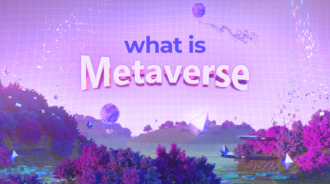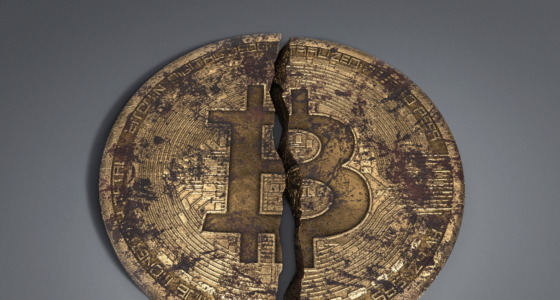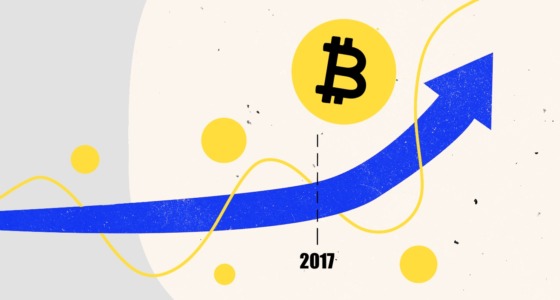

Public exchange markets were the only platforms for buying and selling equity shares until the emergence of dark pools in the early 2000s. The article will teach you what a dark pool is in trading and how it works.
What is the Dark Pool?
A dark pool is an exchange privately organized to serve as a medium for securities trading. Dark pools offer institutional investors such as hedge funds the advantage of trading without exposure until after the trade has been executed and reported.
Dark pools are an alternative trading system (ATS) that allows investors to place large orders and place trades on the stock market anonymously.
Dark pools differ entirely from traditional (public) stock markets regarding regulation, transparency, and demand and supply visibility. Public financial markets are highly regulated and transparent. The positions taken by participants are visible to the public and can easily generate media attention.
How does the Dark Pool work?
Dark pools are private electronic venues set up by brokers or stock exchanges for the conduction of trades. Investors are allowed to trade securities with lower fees since there is no interference from institutional banks or organized public exchanges. Furthermore, the privacy of black pools enables investors to obtain better pricing.
When an institutional investor attempts to sell a considerably large bulk of shares within a public financial market, say thousands or millions of shares, other traders can see this information in the order book. Their reaction to the information could immediately cause the price to drop significantly before the transaction is completed. However, within a dark pool, an investor could sell all their stocks at once without any immediate price impact on the market. The investor could do this by matching with a buyer with whom they have a transaction agreement before the execution.
Note! Dark pool investor data is hidden until the trade is completed.
Uses of Dark Pools
The popularity of dark pools has soared high recently. There are now forms of trading that do not require human input. The leading computer programs are Algorithmic trading and High-Frequency trading (HFT). The AI can execute a large block of trades in milliseconds before any human investor can place the trade.
The effect of HFT is the high trading volume on public exchanges. Hence, the necessity to break larger orders into smaller ones. It can be achieved by executing smaller trades on multiple financial exchanges instead of one. It reduces front running and also avoids revealing information about the platform where the trader was carrying out these trades

Advantages of Dark Pools
The following are some advantages of dark pools:
- Private trading
Dark pools facilitate anonymous trading and help prevent common reactions to block orders. Unlike public exchange markets, they do not react to market sentiments and news coverage. So, investors can execute trades without the impact of news or sentiment.
- Avoidance of price devaluation
Dark pools allow large trades to be executed with less worry about front running. Block trades can be divided into smaller units and executed on different exchanges before the price of security becomes devalued.
- Increased market efficiency and liquidity
This benefit is debatable since liquidity can dry up rapidly on a private exchange. However, HFT and other algorithmic trading methods can improve market efficiency since information is priced into liquidity in short order. Since dark pools facilitate HFT, it is safe to say they improve market efficiency.
- Reduced transaction costs
Selling on a dark pool incurs lower transaction costs. Suppose there is a trader who wants to buy a large stock, and when he checks the public offer price on the stock exchange, he sees $100.05. He might be able to cut a few cents out of a hundred bucks using the dark pool. A private system can merge it with another party willing to sell the stake for $100.
The difference might look insignificant when trading a few hundred shares, but imagine how much that can compound when dealing with institutional orders, which can be hundreds of thousands of shares. These few cents can accumulate to millions of dollars over time, especially with frequent trading.
Disadvantages of Dark Pools
Here are some disadvantages of dark pools:
- Lack of transparency
Since the operation of dark pools is not open to the public, it is not surprising to see many of them coming under public scrutiny. The highest bone of contention is its lack of transparency and minimal regulation. Many feel they are disadvantaged by traders who use dark pools.
- Unfair advantages
There are several conjectures that unhealthy trading practices are rife on dark pool exchanges. They believe that dark pools give investors unfair advantages synonymous with cheating in an exam. HFT on dark pools centralized control by giving some investors an advantage that others cannot match.
- Slow transactions
Unlike public financial markets, transactions on dark pools are somewhat slow. An investor will have to wait for a party to accept their bid.
General
There is a long-standing debate about dark pools between its advocates and critics. The former applaud the values inherent in the existence of dark pools. They maintain that private exchanges provide the fundamental liquidity needed for the smooth running of the markets, among many other market benefits.
While the latter heavily criticize dark pools because of their lack of transparency, and the possibility of illegal practices, among many other unfair privileges. It isn’t easy to choose the better of the two market types. Each has its purpose, which suits the needs of the traders who use them. It is important to note that dark pools are deemed legal under the existing laws. The Security Exchange Commission (SEC) has vetted and approved the trading activities on dark pools.









